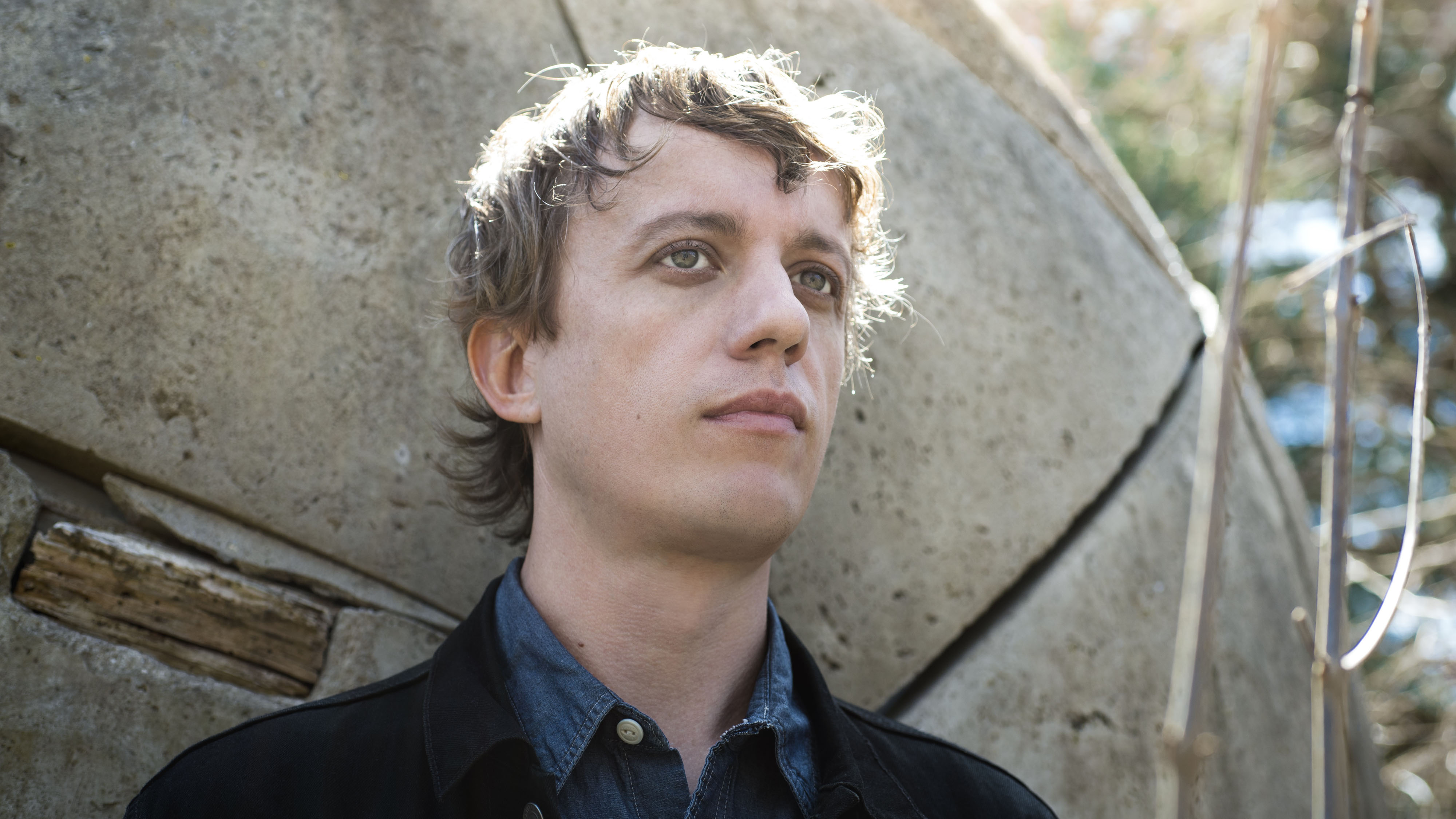Patience. Not readily associated with big-city living, or on a grander scale, life in the twenty-first century, it can often be neglected with the passing of time. Mounting pressure to check off life’s to-do list or meet self-imposed expectations can be daunting. For those involved with creative endeavors, especially music, the weight can be all too familiar. A rushed single, album, or tour can stifle the creative psyche, leaving both the artist and listener tired and confused.
Enter Steve Gunn, a songwriter whose catalog and disposition exudes patience and focus. With a proclivity to capture the crux of both city and wilderness via cosmic Americana, Gunn is mindful and grateful for his temperament—one he has had to labor for, and continues to do so. Among a labyrinthine discography dating back to 2009, his first studio record with a band, 2013’s Time Off, saw Gunn assume the role of bandleader for the first time. As part of a trio backed by John Truscinski on drums and Justin Tripp on bass and guitar, Gunn’s already adventurous guitar work was further brought to life with the advent of another first: vocals. While the title and breezy compositions like “Water Wheel” could easily be mistaken as an homage to vacation, for Gunn it was quite the opposite.
“Some people, when I came out with the singing stuff, were like, ‘What the hell, you sing?’ For me, I had been doing it for a long time, but privately. The title references that, really taking my time to develop my work. It happened pretty naturally,” he explains over the phone from a skatepark in Copenhagen, where he’s prepping for the fifth show of his European tour.
Gunn says the opportunity to further refine his vocals came from his “formative years” performing in Europe as a solo artist, often in cities where he was unfamiliar with the language. In addition, a spring tour in 2013 with longtime friend and collaborator Kurt Vile had Gunn pulling double duty. The Time Off band would open, and Gunn would sit in with The Violators immediately following. Now playing to his largest crowds to date, Gunn speaks of Vile and that run of shows fondly.
“Sometimes people paint Kurt as this [slacker] character, but it’s false. When it comes to it, he’s such a hard worker and so together. He keeps such a strong focus on what’s going on. That was inspiring, how hard that band works. All the gear, every little aspect of that production was something new to me,” he recalls.
Carrying that doggedness with him, Gunn’s output for the next two years was massive. “I think I got a little out of hand. I was doing a lot of collaborative work, sometimes forgetting stuff was going to come out. Then it would happen all at once and I’d be like, ‘Holy shit, five records came out in three months,’” he laughs.
“I think I got a little out of hand. I was doing a lot of collaborative work, sometimes forgetting stuff was going to come out. Then it would happen all at once and I’d be like, ‘Holy shit, five records came out in three months.’”
Although easily pigeonholed by critics as an American primitive nostalgic, 2014’s Way Out Weather pushed him far beyond any preconceived notions. Writing on the road with a larger group of players at his back, Gunn found his lyrics, orchestration, and playing ripening tenfold. The band now boogies, choogles, and swings effortlessly, without overt attempts at being flashy or loud.
“For us, having that interplay is really important—to be intuitive in our playing while still remaining propulsive without relying on excessive volume or effects. Similar to jazz, you can create a lot of dynamics without overdoing it,” he explains.
With Eyes on the Lines, his seventh studio album and first for Matador, that interplay is unmistakable. An ecstatic ode to wanderlust, the album affords Gunn and company the opportunity to spend the majority of this year on the road. While still interested in doing collaborative work, it’s taking a “bit of a backseat” at the moment. Looking ahead at a massive list of dates can be dizzying, he admits. “Sometimes it can make your head spin a little bit. For me, I like to take it in small doses.” However intimidating, it is precisely the opportunity to travel that has afforded us some of his best material.
“I realize that I’m a privileged person to travel and play music. I signed up for it. I was determined to see if I could pull it off and make it work. When you are confronted with that, it’s like you’re looking off over a cliff. Once you take that step you have to go really hard. That’s what I did last year. I toured my face off.”
Breaking away from the pastoral undercurrents of Way Out Weather, Gunn wanted to capture the grit of his hometown moving forward. As a result, Eyes is by far Gunn’s most “urban” sounding record. He says prior efforts had a “sheep in a meadow vibe,” and this time he chose to draw upon quintessential NYC records for inspiration, including Television’s Marquee Moon and The Velvet Underground’s Matrix Tapes box set. Reflective of the long haul leading to its release, the album, akin to Gunn’s ethos, is unruly.
With a wildly ambitious schedule ahead, Gunn is undisturbed; he manages the load with peace of mind. A self-professed short attention span makes it difficult for him to meditate in a traditional sense, though walking and practice are important substitutes. “Just taking walks without too many heavy duty destinations or time constraints,” he says. “I’ll play something cyclical to get my mind at ease. It’s just my way of relaxing.” FL









